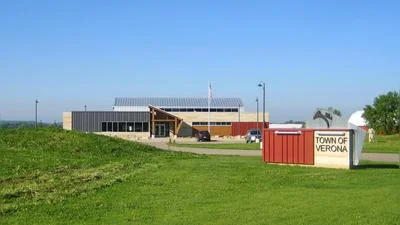Jennifer Mnookin Chancellor | Official website
Jennifer Mnookin Chancellor | Official website
Heart muscle cells derived from human stem cells have shown potential in treating heart conditions in monkeys, according to a study by researchers from the University of Wisconsin–Madison and Mayo Clinic. The research, published in the journal Cell Transplantation, highlights the integration of these cells into rhesus macaque hearts affected by pressure overload, a condition similar to right ventricular dysfunction often seen in children with congenital heart defects.
Congenital heart defects are present at birth and can lead to severe health issues if untreated. Traditional surgery offers temporary relief, but many patients eventually require a heart transplant. The scarcity of donor hearts, particularly for young patients, underscores the need for alternative treatments.
The research team, led by Marina Emborg from UW–Madison and Timothy Nelson from Mayo Clinic, explored using stem cell-derived cardiomyocytes as an adjunct treatment to support ventricular function. "There is a great need for alternative treatments of this condition," says Jodi Scholz of Mayo Clinic. "Stem cell treatments could someday delay or even prevent the need for heart transplants."
The study involved transplanting clinical-grade human induced pluripotent stem cells into rhesus macaques with surgically induced right ventricular pressure overload. These cells integrated successfully into the host myocardium. Although some animals experienced episodes of increased heart rate post-transplantation, these resolved within 19 days.
Emborg noted that their goal was to ensure the safety and successful integration of transplanted cells with existing cardiac tissue as a precursor to human studies. This research marks significant progress toward developing clinical applications for congenital heart defects.
The work received support from the Todd and Karen Wanek Family Program for Hypoplastic Left Heart Syndrome and NIH Grant P51OD011106 to the Wisconsin National Primate Research Center.






 Alerts Sign-up
Alerts Sign-up